Today the 'Ultimate Countdown' from NVIDIA ended with the announcement of the RTX 3090, RTX 3080 and the RTX 3070, all of them being absolute monsters with 2nd generation RTX. Powered by their Ampere generation, this definitely sounds like a big generational leap. It's really easy to be excited about it and I am.
Not just in terms of power, the price of the main two RTX 3080 and the RTX 3070 puts them well in line with the current 20xx generation which is pretty amazing for the difference in power. We need to take anything with a pinch of salt though of course, until independent benchmarks can be done.
Here's some shots from the presentation:
Meanwhile, the RTX 3090 is aimed at replacing the TITAN GPUs they did previously. A true overkill GPU, which they claim will let you play 8K.
Full specifications:
| GeForce RTX 3090 |
GeForce RTX 3080 |
GeForce RTX 3070 |
|
|---|---|---|---|
| NVIDIA CUDA® Cores | 10496 | 8704 | 5888 |
| Boost Clock (GHz) | 1.70 | 1.71 | 1.73 |
| Standard Memory Config | 24 GB GDDR6X | 10 GB GDDR6X | 8 GB GDDR6 |
| Memory Interface Width | 384-bit | 320-bit | 256-bit |
| Ray Tracing Cores | 2nd Generation | 2nd Generation | 2nd Generation |
| Tensor Cores | 3rd Generation | 3rd Generation | 3rd Generation |
| NVIDIA Architecture | Ampere | Ampere | Ampere |
| NVIDIA DLSS | Yes | Yes | Yes |
| PCI Express Gen 4 | Yes | Yes | Yes |
| NVIDIA G-SYNC® | Yes | Yes | Yes |
| Vulkan RT API, OpenGL 4.6 | Yes | Yes | Yes |
| HDMI 2.1 | Yes | Yes | Yes |
| DisplayPort 1.4a | Yes | Yes | Yes |
| NVIDIA Encoder | 7th Generation | 7th Generation | 7th Generation |
| NVIDIA Decoder | 5th Generation | 5th Generation | 5th Generation |
| VR Ready | Yes | Yes | Yes |
| Maximum Digital Resolution (1) | 7680x4320 | 7680x4320 | 7680x4320 |
| Standard Display Connectors | HDMI 2.1, 3x DisplayPort 1.4a | HDMI 2.1, 3x DisplayPort 1.4a | HDMI 2.1, 3x DisplayPort 1.4a |
| Multi Monitor | 4 | 4 | 4 |
| HDCP | 2.3 | 2.3 | 2.3 |
| Length | 12.3" (313 mm) | 11.2" (285 mm) | 9.5" (242 mm) |
| Width | 5.4" (138 mm) | 4.4" (112 mm) | 4.4" (112 mm) |
| Height | 3-Slot | 2-Slot | 2-Slot |
| Maximum GPU Temperature (in C) | 93 | 93 | 93 |
| Graphics Card Power (W) | 350 | 320 | 220 |
| Recommended System Power (W) (2) | 750 | 750 | 650 |
| Supplementary Power Connectors | 2x PCIe 8-pin | 2x PCIe 8-pin | 1x PCIe 8-pin |
On top of all that, they're also the first to come with support for the AV1 codec, which is very promising for being more efficient and more feature-filled than older popular codecs.
Pricing / Availability
- RTX 3090 - £1,399 / $1,499 - Available September 24th
- RTX 3080 - £649 / $699 - Available September 17th
- RTX 3070 - £469 / $499 - Available October (no exact date given)
Each will also have a special Founders edition available, which an increased price.
When going by price to performance ratio, the RTX 3070 sounds absolutely ridiculous. If (big if), it truly has the RTX 2080 ti level performance for a vastly cheaper sum then it alone could help usher in a new level of gaming performance for a great many people. More GPUs based on Ampere will be coming, as these are just the first. I can't help but think about the RTX 3060, whenever they announce one that is. Considering the power of the RTX 3070, the RTX 3060 is quite likely to be a mega deal for people after both performance and an affordable price. Also makes me curious even more so now on Intel, as they announced their Xe-HPG gaming GPUs which arrive next year. Then we have AMD too with RDNA2 which is supposed to be this year. So much to look forward to for hardware enthusiasts!
Since NVIDIA support Ray Tracing already on Linux with their own extensions, and they already have early support for the vendor-neutral provisional Ray Tracing extensions in Vulkan it's going to be very interesting to see just how far developers will push it. Ideally though, we need more games on Linux that use it.
For those of you who really do love the serious technical side of it, NVIDIA has announced the release of a 'whitepaper' on the RTX 30 series which will be available on September 17. They say it will give a lot of detail on every aspect of the new cards in 'exhaustive detail'.
Other Windows-only stuff was announced too of course like RTX for Fortnite, a new 'NVIDIA Broadcast' effects suite application for livestreamers like backgrounds and noise removal, another RTX-powered application for video editing and more. Not that any of it matters for Linux users and gamers - sadly.
You can watch the whole thing below and see the announcement here.
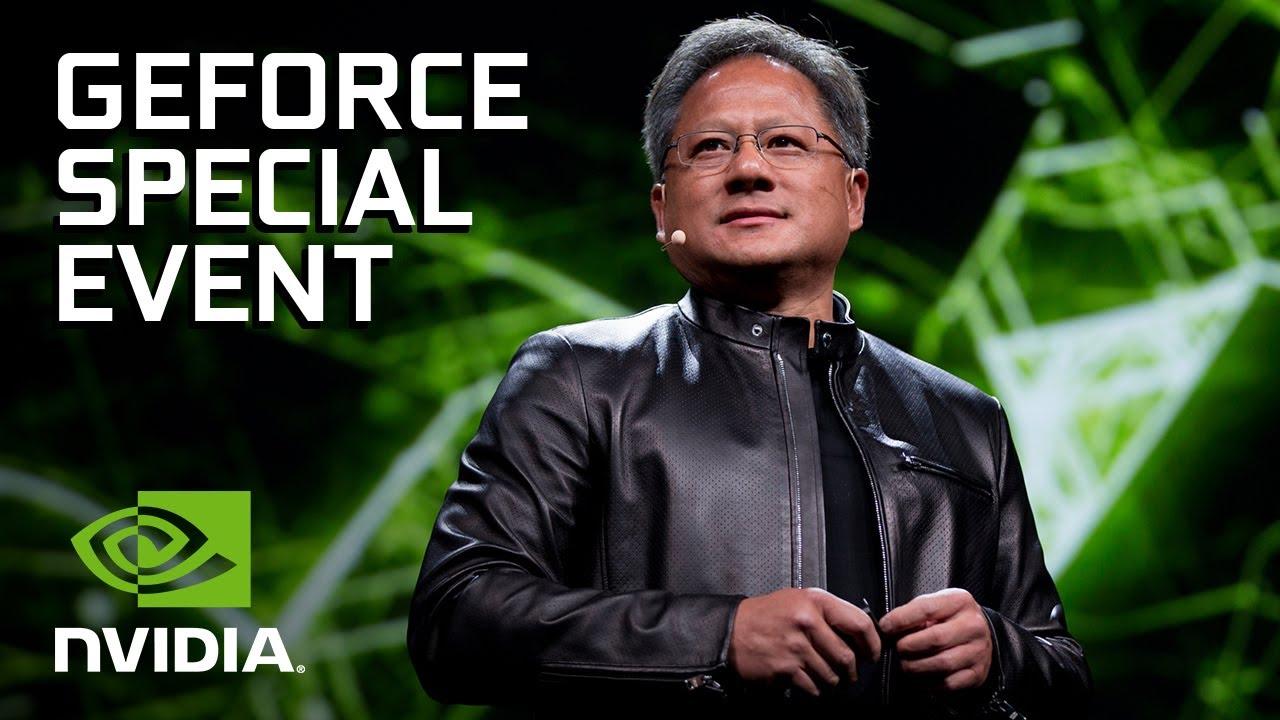
Direct Link
Quoting: PatolaThis is objectively false. Big businesses don't "skew" anything, it is a natural, inherent aspect of all business to conglomerate, merge, acquire, etc. The idea of "an economy of small businesses and nothing else" is literally a myth and 100% impossible, minus some sort of regulation that limits the size of businesses. Even the small VR companies you talk about will be bought by Facebook or Microsoft or Apple or someone else if they become profitable enough, which is literally the entire goal. Again, it seems like you watched some bad documentaries or read some Ayn Rand and think you know what you're talking about, when you clearly have no idea.Quoting: slaapliedjeAnd that happens because of the State -- specially laws and regulations --, not in spite of it. Big businesses do constantly skew the perception of the public to make it look like there is lack of regulations, and they win double by more and more obstacles which they are able to work with but not their smaller competitors. A freer market with no rules and thus no barrier against newcomers would be the best deterrent against monopolies. Sure, I understand there is a complex production chain, but these very same suppliers would benefit from more customers too, so it's not this chain that prevents competition. Conversely, it's hopeless to try and use the State against the big guys, they are best buddies and will use this whole perception to their profit.Quoting: PatolaA big problem is that all the players in a market tend to end up being bought out by the larger players. That's basically just part of capitalism. (...)Quoting: GuestHow about the complete opposite? Throw away all laws that currently pose an obstacle to competitors, don't force companies to anything. New players on the market will appear trying hard to get their niche, boom, prices drop. This is actually happening with VR sets right now.Quoting: GuestI just hope old gpu prices goes down, but it never happens.They'd really prefer to price gouge you at all points in time, not just at release.
All that needs to be done is:
a) passing laws that force companies (...).
Creating more laws against businesses does not make things better for the consumers. It onerates the entire production chain and makes it harder for everyone to get that. And it keeps competitors away for the big players. That's exactly what you don't want to happen.
Quoting: slaapliedjeAnyhow, I'm wanting to know what the performance of DLSS and VR games are! I mean if we can get 100% solid frames at 144hz on the Index... that'd be hella-cool.Is there a anyway to use DLSS on Linux (I mean, with games that support the feature)? The first 15 minutes of the video just felt a like a lot of Windows only features for me.
The only big new for me is the MSRP for the 3070 and the 3080. Somehow Nvidia decided to not keep rising them... hopefully this means that AMD has something hot on hands.
Quoting: PatolaAnd that happens because of the State -- specially laws and regulations --, not in spite of it. Big businesses do constantly skew the perception of the public to make it look like there is lack of regulations, and they win double by more and more obstacles which they are able to work with but not their smaller competitors. A freer market with no rules and thus no barrier against newcomers would be the best deterrent against monopolies. Sure, I understand there is a complex production chain, but these very same suppliers would benefit from more customers too, so it's not this chain that prevents competition. Conversely, it's hopeless to try and use the State against the big guys, they are best buddies and will use this whole perception to their profit.I fail to see which are the laws that prevents newcomers into the GPU market. IMO, the big wall is related with the dolar mountain you need to invest in order to become a new player.
That being said, I'll still be waiting to see what Big Navi offers. I'd rather stick with AMD anyway, but if it's a flop, I'll be looking at the 3080 more seriously. My Fury is okay for the time being.
(from the video posted in op)
About the Nvidia, primary topic, I don't care about theses new cards.
Last edited by Cyril on 2 Sep 2020 at 12:23 am UTC
Quoting: x_wingNope. No DLSS or RTX on Linux (except for Quake II with RTX since it's native, but effectively no).Quoting: slaapliedjeAnyhow, I'm wanting to know what the performance of DLSS and VR games are! I mean if we can get 100% solid frames at 144hz on the Index... that'd be hella-cool.Is there a anyway to use DLSS on Linux (I mean, with games that support the feature)? The first 15 minutes of the video just felt a like a lot of Windows only features for me.
The only big new for me is the MSRP for the 3070 and the 3080. Somehow Nvidia decided to not keep rising them... hopefully this means that AMD has something hot on hands.
No DLSS (or alternative) is going to really, really hurt Linux adoption going forward now that the consoles and Nvidia and supposedly AMD will now all support it, and it's probably a bigger deal than RTX.
You might not care about RTX, or DLSS, or Gsync/Freesync on multiple monitors, or HDR support, etc, but odds are 95% of people will care about at least ONE of the things like that that Linux has absolutely no answer for, and most of them there's not even an answer on the horizon.
Power consumption and heat are considerations for me. I'm waiting to see what AMD brings to the table with RDNA 2 before I form any strong opinions. Plus, I want to see Phoronix and Anandtech benchmarks before I get too excited.
Quoting: ShmerlOh, an interesting tidbit. Firefox started supporting VAAPI hardware accelerated video decoding both on Wayland and X11 now. But it won't work on Nvidia blob due to it lacking dmabuf support.That's quite interesting, could you elaborate on that please ? :grin:
The only thing that we dont have any ideia on how they compare is RT. Nvidia really step up their game here
Quoting: GuestHow in the hell did you went from "Old GPU prices dont go down" to government-funded GPUs research?Quoting: GuestI just hope old gpu prices goes down, but it never happens.They'd really prefer to price gouge you at all points in time, not just at release.
All that needs to be done is:
a) passing laws that force companies to put all of their money fairly into worker's wages, products, and expansion, and stop allowing investors and CEOs to horde money. Oh, and make it so investors aren't allowed to enslave companies once they've already "made it" and no longer need help.
Or b) other economic systems such as government-funded research, which is already common in many countries (and often gets monopolized by private corporations).
Seriously, this is a Nvidia thing, they stop producing old cards and only make their newer available, but AMD still sells RX580s at a really cheap price these days
Quoting: aokamiThat's quite interesting, could you elaborate on that please ? :grin:dmabuf is a Linux kernel API that allows sharing memory buffers between CPU and GPU:
https://www.kernel.org/doc/html/latest/driver-api/dma-buf.html
In order to effectively use hardware video decoding, you need something like that. Open source drivers can use it fine. Nvidia blob can't use it, since it requires GPL compatibility.
Firefox is using dma-buf for hardware video acceleration over VAAPI, which works fine with AMD and Intel (and Nvidia with Nouveau). It doesn't work with the blob.
Last edited by Shmerl on 2 Sep 2020 at 3:15 am UTC
Quoting: dubigrasuInteresting bit from Nvidia labs:Actually, you touch something I see all the time in the silicon industry: all the internals are using Linux, or at least open source RTOSes when it comes to smaller targets - albeit in that case the sdk is usually developed on Linux too -. I don't know many OS/driver/runtime devs who enjoy working on something else than Linux. But you have some pressure from above to support losedow$ and such ... In some company you reach a ridiculous point where you have an "official" losedow$ PC that you must have because it's the rules & a grey zone (still paid by the company though) Linux one to actually work. In others you can only work in a VM, which is even worst.
External Media: You need to be logged in to view this.
(from the video posted in op)
Quoting: gardotd426Nope. No DLSS or RTX on Linux (except for Quake II with RTX since it's native, but effectively no).Both RTX and DLSS are possible on Linux. If someone were making a Linux-native game they could use both of them right now. The ray tracing has been part of Vulkan since it became a thing, and Nvidia started including their NGX library with their driver recently.
No DLSS (or alternative) is going to really, really hurt Linux adoption going forward now that the consoles and Nvidia and supposedly AMD will now all support it, and it's probably a bigger deal than RTX.
You might not care about RTX, or DLSS, or Gsync/Freesync on multiple monitors, or HDR support, etc, but odds are 95% of people will care about at least ONE of the things like that that Linux has absolutely no answer for, and most of them there's not even an answer on the horizon.
The issue is getting other people to use them. With the Linux gaming market being small, spending time working on a feature that can only be used by a subset of that market is a tough sell; it's only profitable at all if you can avoid any speed bumps to the development process.
The other side of it is translating work done for Windows (which is almost entirely using DirectX) into something that will work on Linux. Structurally the Vulkan and DirectX implementations of ray tracing are (deliberately) very similar, and there's a tool (for the initial developers, not really for Wine) to automatically convert from one to the other, but it still takes work. There's no shortage of other work that also needs to be done. I imagine it will get there eventually, but I don't expect that it's a high priority since, again, it only helps a subset of users, and then the ones that are hardest to help because of the proprietary nature of the driver.
Given that reluctance, the sensible thing for Nvidia to do would be to contribute the translation for ray tracing between DirectX and Vulkan to VKD3D, since they're intimately familiar with both halves, and an implementation of the DLSS calls that use their library to Wine. But they probably won't do that, because Nvidia, and because it's not a particularly profitable segment. Which means we have to wait for someone else to get round to it. In principle Valve could badger Nvidia into doing more, sooner.
Quoting: ShmerlI'm waiting for RDNA 2 as well. Even if Nvidia will claim 3x increase in performance, it won't impress me until they'll upstream their drivers.I think they will never open source their drivers. They have many new tech, which is top secret for them.

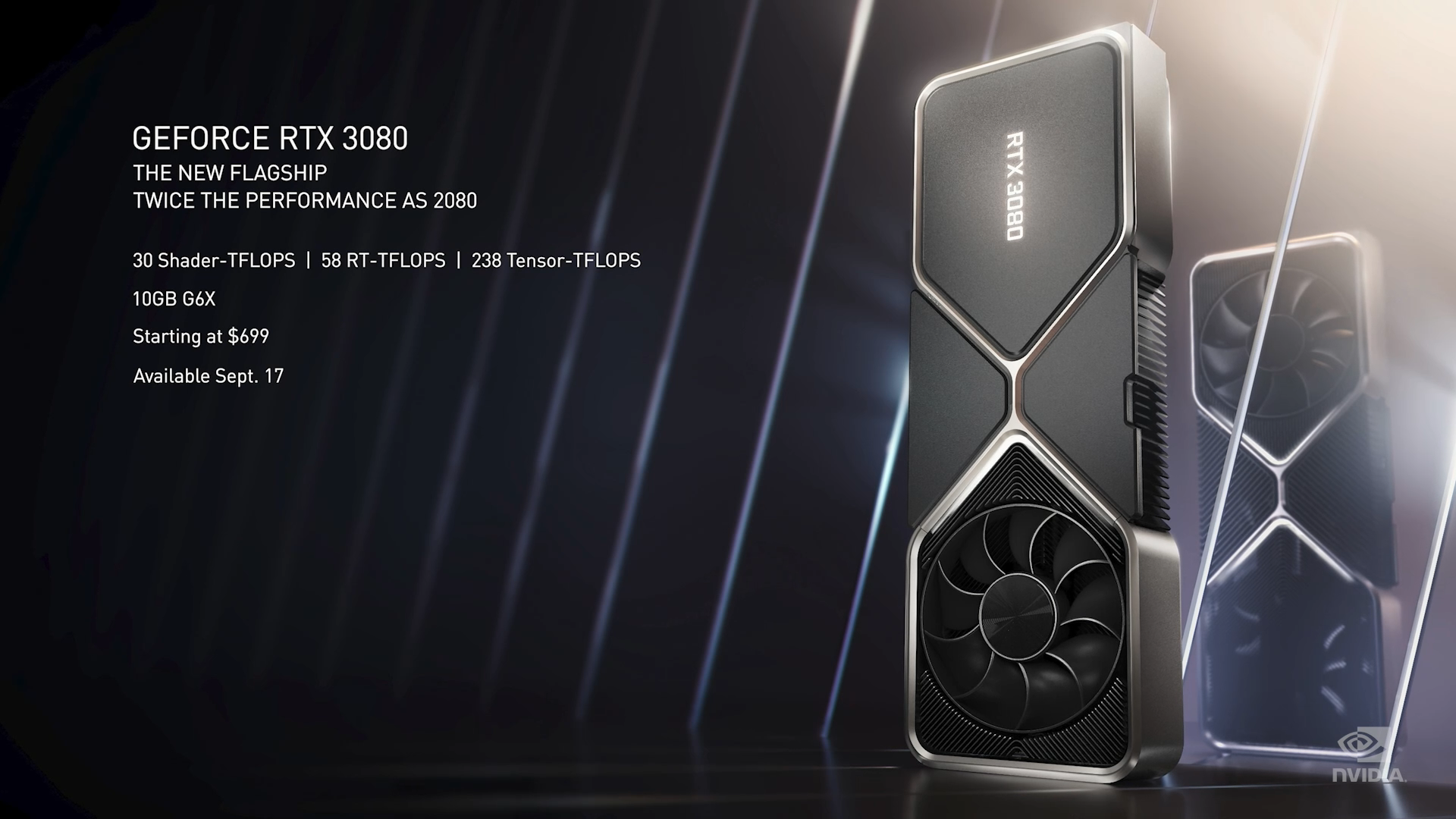



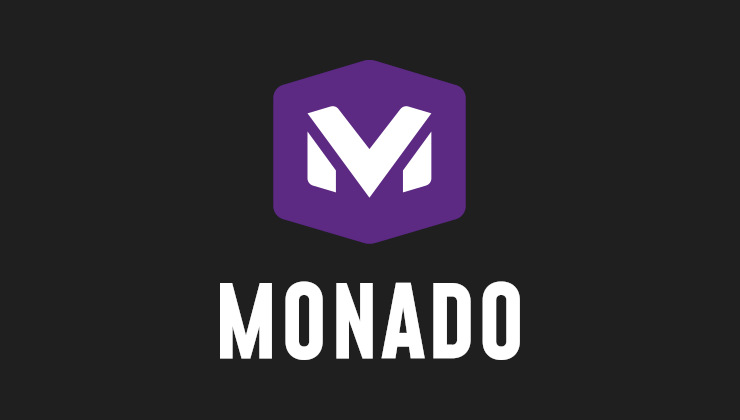
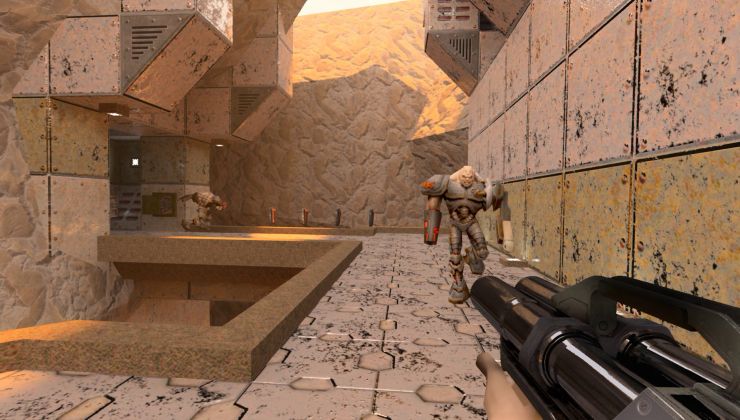
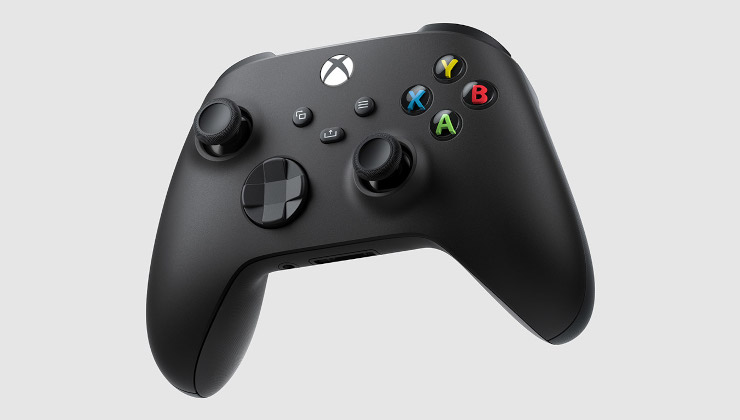








 How to setup OpenMW for modern Morrowind on Linux / SteamOS and Steam Deck
How to setup OpenMW for modern Morrowind on Linux / SteamOS and Steam Deck How to install Hollow Knight: Silksong mods on Linux, SteamOS and Steam Deck
How to install Hollow Knight: Silksong mods on Linux, SteamOS and Steam Deck